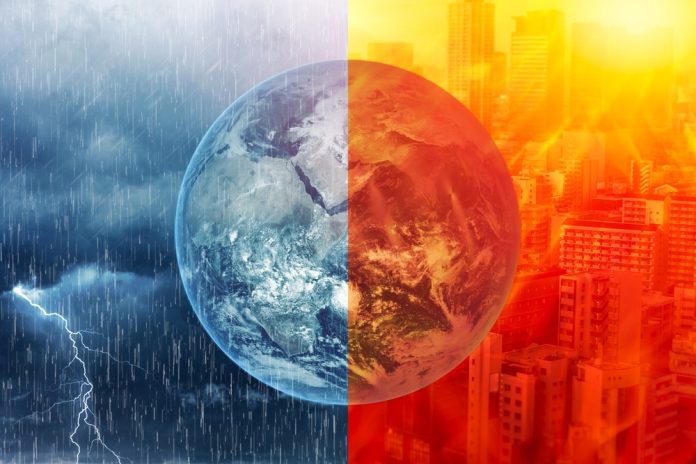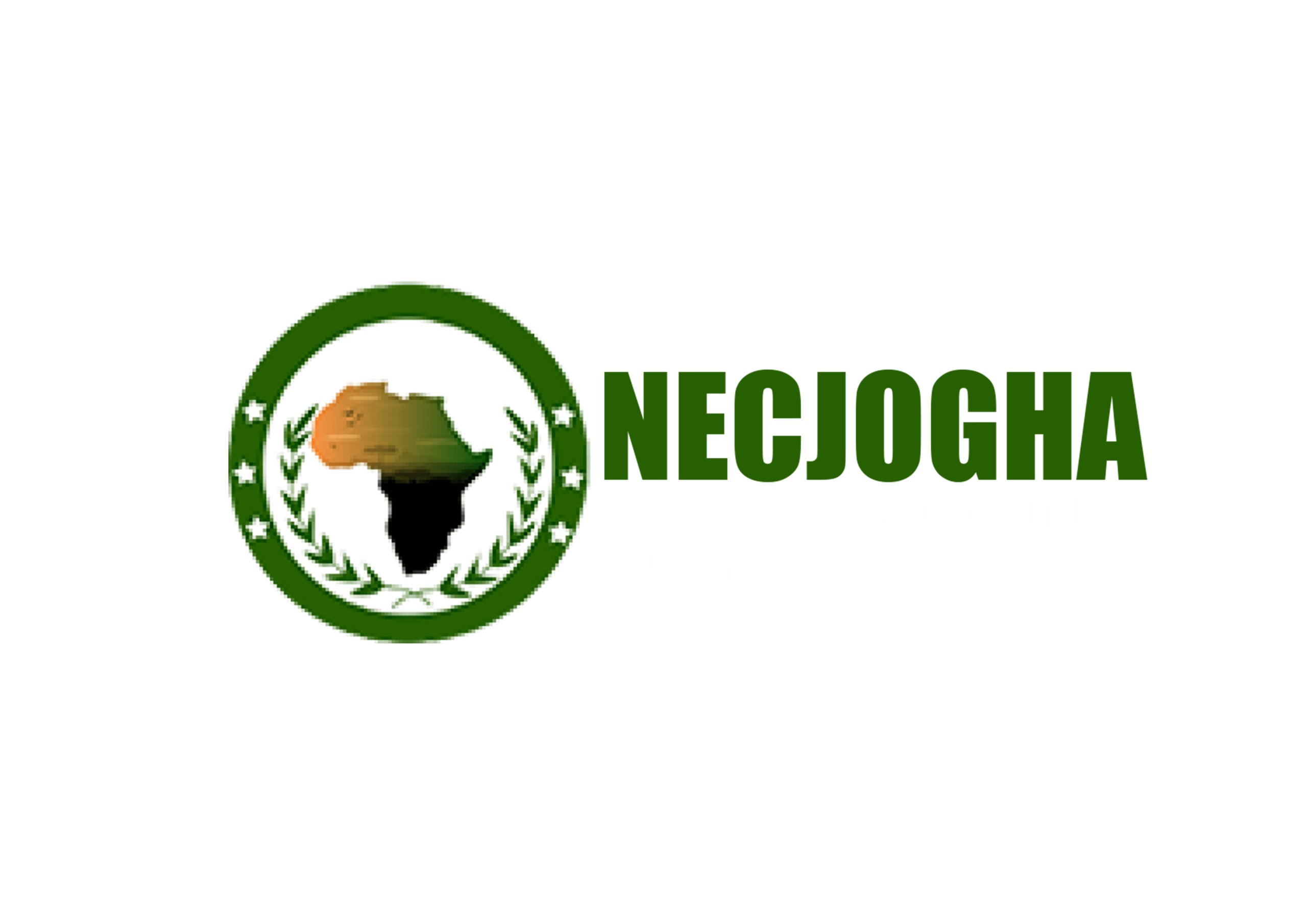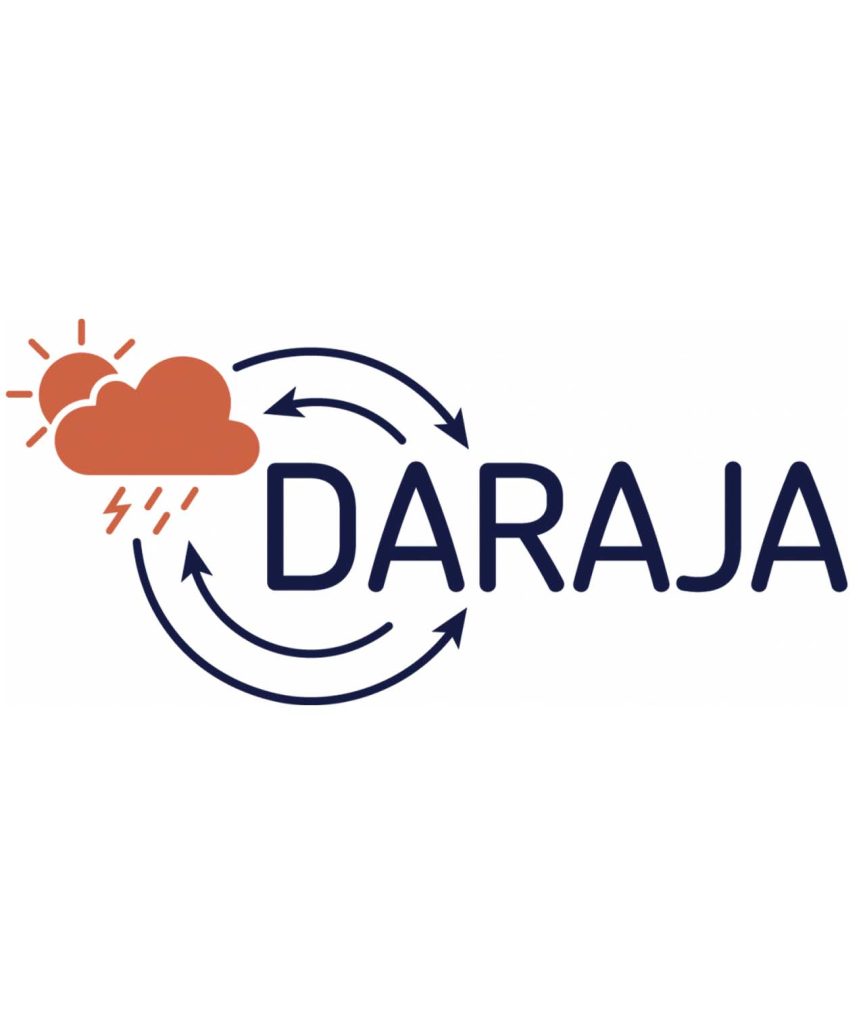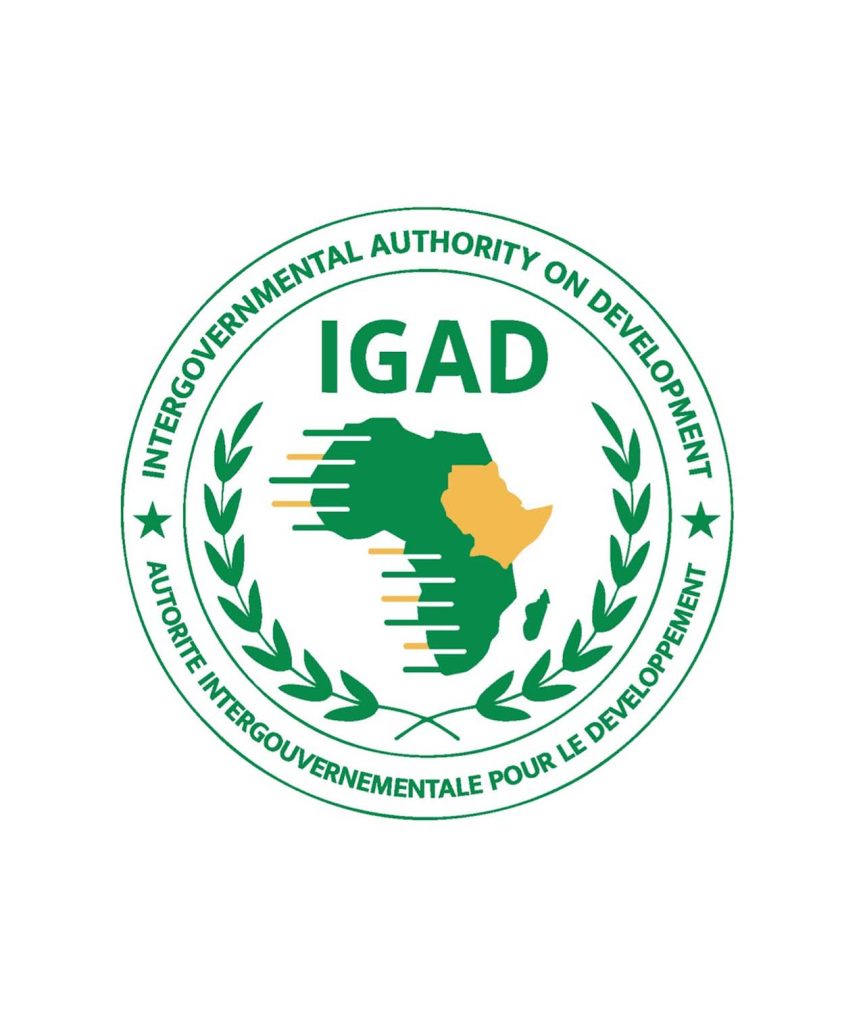Table of Contents
The Ariane 6 rocket has launched into space today, carrying with it a brand new satellite to send early warnings for extreme weather events.
Following a surge in heatwaves across Europe this summer, the European Organization for the Exploitation of Meteorological Satellites (EUMETSAT) said its MetOp-SGA1 satellite will give earlier warnings to help protect lives and property from extreme weather.
EUMETSTAT explained: “Metop-SGA1 observations will help meteorologists improve short- and medium-term weather models that can save lives by enabling early warnings of storms, heatwaves, and other disasters, and help farmers to protect crops, grid operators to manage energy supply, and pilots and sailors to navigate safely.”
The launch will be Europe’s first contribution to a US-led programme, the Joint Polar System, which will put satellites into orbit between the north and south poles.
The hidden dangers of extreme weather: Why early warning systems are vital
Extreme weather events, such as hurricanes, heatwaves, floods, and wildfires, pose significant dangers to both human life and the environment.
These events can lead to widespread destruction of property, displacement of communities, loss of lives, and severe economic disruption. For example, floods can contaminate water supplies, destroy infrastructure, and cause deadly landslides, while prolonged heatwaves increase the risk of heatstroke and wildfires, especially in vulnerable regions.
Early prediction of these events is crucial for effective disaster preparedness and risk reduction.
Accurate forecasting allows governments and emergency services to issue timely warnings, organise evacuations, and allocate resources where they are most needed. It also enables individuals and communities to take protective measures, such as securing homes, stockpiling essential supplies, or seeking safe shelter.
Moreover, early warning systems help minimise long-term impacts by allowing authorities to act before the damage becomes irreversible. In an era of climate change, where extreme weather is becoming more frequent and intense, improving early prediction systems is more important than ever.
Investing in weather monitoring technology, data analysis, and public education can save lives, protect ecosystems, and reduce economic losses on a global scale. Without early intervention, the consequences of these natural events can be catastrophic.
Precision monitoring for extreme weather events
The six monitoring instruments on the satellite are twice as precise as the agency’s existing satellite, IASI. It will predict extreme weather through the monitoring of ocean and land temperatures, water vapour and greenhouse gases in the atmosphere, and the amount of desert dust and cloud cover.
“Extreme weather has cost Europe hundreds of billions of euros and tens of thousands of lives over the past 40 years. Storms like Boris, Daniel and Hans, record heatwaves and fierce wildfires are just the latest reminders,” said Phil Evans, EUMETSAT director-general.
“The launch of Metop-SGA1 is a major step forward in giving national weather services in our member states sharper tools to save lives, protect property, and build resilience against the climate crisis.”
Look out for future Ariane launches
The liftoff of the satellite monitoring system was the third by Ariane 6 since its inaugural flight in July last year.
The Ariane company said that it had 32 launches planned from Kourou in the coming years and that it was aiming to carry out nine or 10 launches each year.

